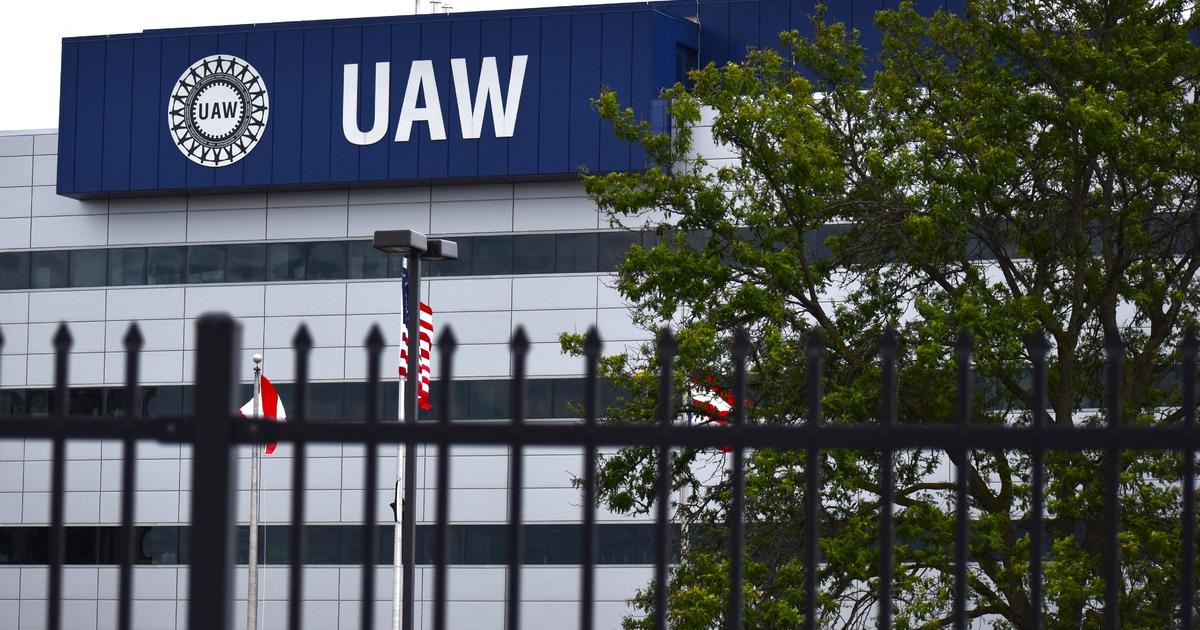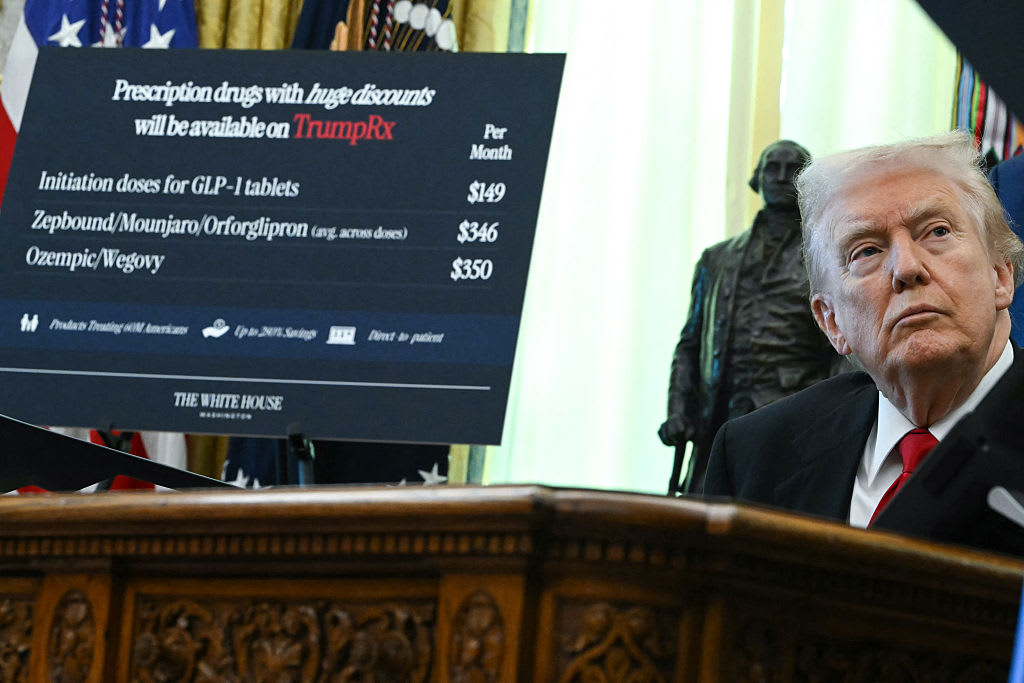Pfizer hikes cost of Viagra and 100 other drugs, report says
A month after President Donald Trump signaled drug companies would soon be slashing prices, the nation's largest pharmaceutical company is reportedly upping the costs of 100 drugs and treatments.
Pfizer has increased the price of some of its better-known drugs, including the erectile dysfunction treatment Viagra, according to a story published Monday by the Financial Times. The increases, which took effect July 1, are just over 9 percent on average, well above the rate of inflation, which is about 2 percent.
It's the second such move this year by Pfizer, with the cost of some of its drugs up nearly 20 percent since January, according to figures viewed by the news outlet.
The average wholesale cost of a 100 mg Viagra pill is now $88.45, up almost 20 percent from $73.85 at the beginning of 2018, while a bottle of Xalatan eyedrops for glaucoma currently runs $107.05, compared to $89.38 at the start of the year, according to the report.
Pfizer, which generated $52.8 billion in revenue last year, did reduce the cost of five products by between 16 percent and 44 percent, the Financial Times said.
Pfizer did not immediately return requests for comment from CBS MoneyWatch. The company told the Financial Times that the list price for the majority of its medicines "remains unchanged," and those prices do not reflect what most patients or insurance companies ultimately pay for the drugs.
The surging cost of drugs in the U.S. has spurred public anger and verbal barbs from the president, who before taking office accused the industry of "getting away with murder." Mr. Trump at the end of May announced a plan to lower drug prices, but the proposal did not include a timeline for implementation. On May 30, he even declared that large drug companies would be announcing "voluntary massive drops in prices."
That has yet to happen. Indeed, a recent survey found nearly half of diabetics are cutting back on treatment because of the skyrocketing price of insulin, with the American Medical Association last month calling it "shocking and unconscionable" that patients are struggling to afford such a basic drug.





